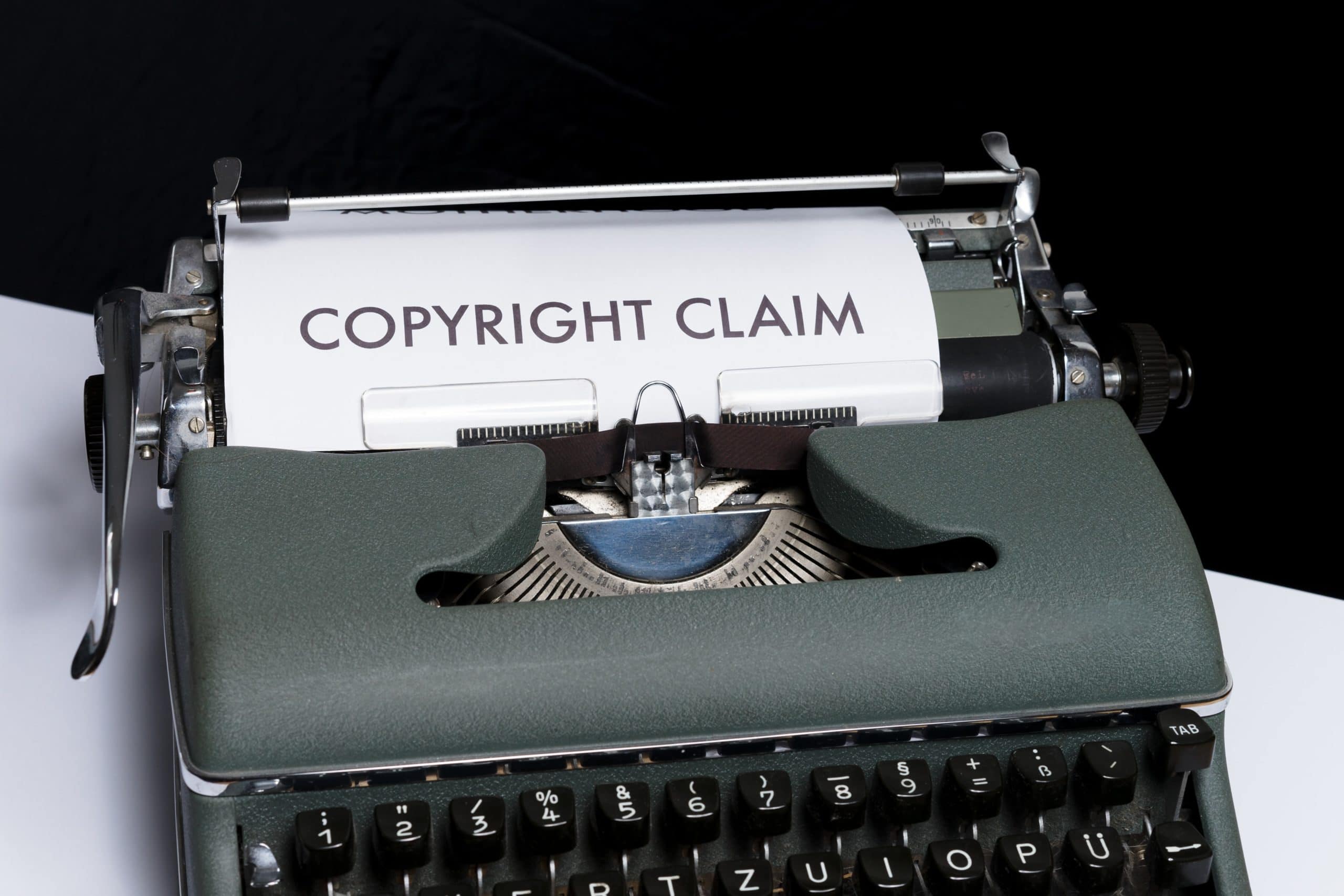Online marketing is a common tool that businesses use to bring attention to their respective goods and services. When initiating online marketing campaigns, businesses must be careful to both protect their intellectual property and not infringe upon the intellectual property of others. When discussing intellectual property issues that need to be considered in the online marketing space, we are most often treading in the realm of trademark and copyright law. The uninitiated often confuse trademarks with copyrights, but they are very different. This blog post will begin to educate readers on trademark and copyright law and how such laws apply to online marketing.
What are the differences between trademark and copyright law?
Defining Trademarks and Copyrights
A trademark is a word, phrase, symbol, or design, or a combination thereof, that identifies and distinguishes the source of goods and/or services. For example, Nike, Inc. (“Nike”) has trademark protection in and to the word “Nike,” the phrase “Just Do It,” the swoosh symbol, and a combination of the foregoing (such as Nike with the swoosh symbol underneath it). In order to receive federal trademark protection, one must register trademarks with the United States Patent and Trademark Office (“USPTO”). However, prior to registration, trademarks are eligible for common law protection as soon as they are used in commerce. Federal registration provides enhanced benefits, such as: 1) public record of ownership; 2) constructive notice; and 3) certain legal presumptions. Failing to create a unique identifier for goods/services can result in infringement of a competing trademark, which may lead to receiving a cease-and-desist letter or worse – a lawsuit.
Copyright protects “original works of authorship” fixed in a tangible medium. Works are original if, as explained by the United States Supreme Court, they have a “spark” or “modicum” of creativity. Copyright law can be employed to protect paintings, photographs, musical compositions, books, blog posts, movies, choreography, and more. To continue with our previous Nike example, Nike has copyrights in and to their commercials, online content, photoshoots, etc. Similar to trademarks, copyrights do not have to be registered to receive protection, but receive enhanced protection when registered.
Trademark and Copyright Law in Practice
When creating websites, online marketers must be certain that their website content is free of infringing trademark and copyright matter. A common misconception is that because something can be found on the Internet, it can be used without license on your website. This is not the case. As such, online marketers must be mindful of trademark and copyright law in order to market their goods/services properly without fear of reprisal. Online marketers should trademark any words, phrases, symbols, or designs that create unique identifiers for their goods/services and should know that the content of the website may well be copyrightable. Attorneys that are well-versed in trademark and copyright law can help online marketers conduct a search for available trademarks and advise them of any potentially infringing content on their websites.
This is only a brief overview of how trademark and copyright law impact the online marketing space. If you require assistance in connection with trademark and/or copyright registration, or need help in launching a legally compliant website, please e-mail us at info@kleinmoynihan.com or call us at (212) 246-0900.
The material contained herein is provided for informational purposes only and is not legal advice, nor is it a substitute for obtaining legal advice from an attorney. Each situation is unique, and you should not act or rely on any information contained herein without seeking the advice of an experienced attorney.
Attorney Advertising
Photo by Markus Winkler on Unsplash
Similar Blog Posts:
Trademark Rights Law: Penn State Not Geographically Descriptive
Hanes Pop Warner’s Way: Trademark Dispute Over Pop Warner Mark
TTAB Trademark Decision Finds No Confusion Between CHINOOKR’D IPA and CHINOOK Wine




